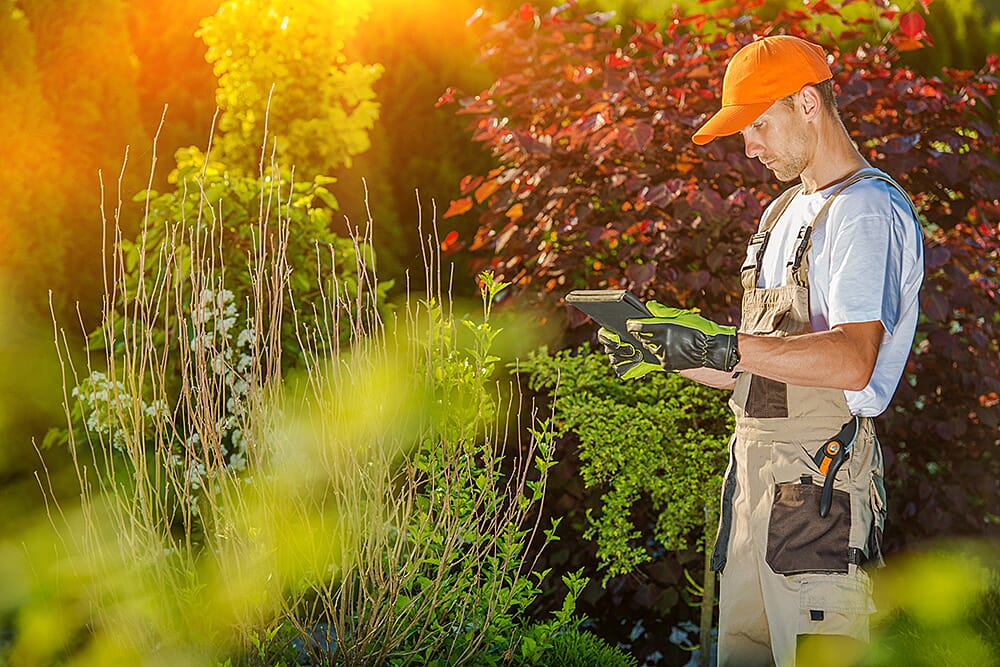B-hyve, Blog, Irrigation
Smart Watering with Weather-Based Irrigation Controllers
Irrigation is a crucial part of agriculture, landscaping, and other outdoor water use. However, traditional irrigation systems can be wasteful, leading to overwatering and unnecessary water usage. ET weather-based irrigation controllers are a solution to these problems. ET stands for “evapotranspiration,” which is the process by which water is lost from the soil and plants to the atmosphere through both evaporation and transpiration[1].
ET weather-based irrigation controllers use weather data, such as temperature, humidity, solar radiation, and other variables to calculate the amount of water that plants need. The controllers then adjust the irrigation schedule to provide the right amount of water at the right time, based on the weather conditions and the specific needs of the plants. This results in more efficient water use, reduced water waste, and healthier plants.
However, there are some challenges associated with using ET weather-based irrigation controllers. One challenge is the need for an efficient irrigation system. If the irrigation system is poorly designed or maintained, the irrigation schedule may not provide the right amount of water, which can lead to overwatering or underwatering. Another challenge is the cost of the controllers, which can be higher than traditional irrigation systems[3].
Despite these challenges, the benefits of ET weather-based irrigation controllers make them a worthwhile investment for those who are looking to conserve water, improve plant health, and reduce costs. With the right weather data and careful monitoring, these controllers can help farmers, landscapers, and homeowners make the most of their water resources.
Hydro-Rain provides a wide selection of ET weather-based irrigation controllers that provide solutions from faucet to farm. to learn more about them visit B-hyve Smart Irrigation Sprinkler Controller – HydroRain
Sources:
- https://www.epa.gov/sites/production/files/2020-05/documents/ws-products-irrigation-outdoor-wbic-mini-report.pdf
- https://www.epa.gov/watersense/outdoor
- https://www.irrigation.org/IA/Resources/FAQs/Weather_Based_Irrigation_Control_FAQs.aspx

